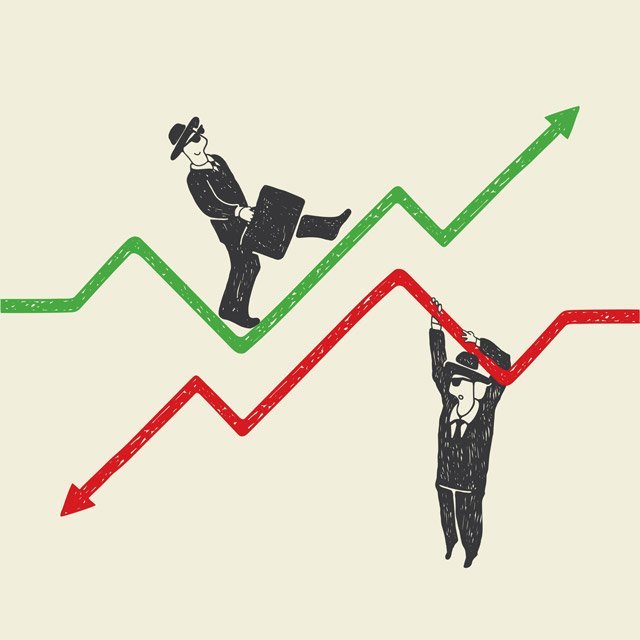Stocks Flip Higher in Seesaw Session; Bonds Gain

Stocks edged higher as investors assessed prospects for growth amid the latest signs of economic malaise from the US and China. Treasuries gained while the dollar slipped.
The S&P 500 bounced back to post modest gains, with more than half of the benchmark’s 11 major industry groups in the green.
The tech-heavy Nasdaq 100 fell amid declines in megacaps including Tesla Inc. and Amazon.com Inc., while the Dow Jones Industrial Average outperformed.
Data Monday showed New York state manufacturing activity unexpectedly contracted in May for the second time in three months, stoking concerns of slowing economic activity that may complicate the Federal Reserve’s policy path.
Adding to those growth concerns, New York City is preparing to hit a high Covid-transmission level in the coming days that would have it reconsidering mask requirements in public places. About 8% of people tested for Covid-19 over the last seven days have been positive.
Meanwhile, China’s industrial output and consumer spending hit the worst levels since the pandemic began, hurt by Covid lockdowns.
The risk of an economic downturn amid price pressures and rising borrowing costs remains the major worry for markets.
Goldman Sachs Group Inc. Senior Chairman Lloyd Blankfein urged companies and consumers to gird for a US recession, saying it’s a “very, very high risk.”
That said, while the U.S. market is pricing in 40% odds of a recession, history shows the S&P 500 tended to rally in the absence of the worst case, according to a study by UBS Group AG.
Market Commentary
“There’s still a lot of concerns. We got some disappointing data from China today,” Esty Dwek, chief investment officer at Flowbank, said on Bloomberg TV. “We just see that there’s a lack of buyers in this market. There’s still a lot of fear and so we probably have a little bit more to go on the downside.
“You’ve got investors pulling back from the market in the expectation that we’re going to have a recession,” David Donabedian, chief investment officer of CIBC Private Wealth Management, said by phone.
“It’s hard to, frankly, make a strong argument against that, the idea that we’ll have a recession. We know that that’s what Federal Reserve tightening produces most of the time, it’s a recession. And so you have to have a good answer to the question of why would this time be different, and it’s not that easy to come up with that answer, frankly,” Donabedian explained.




